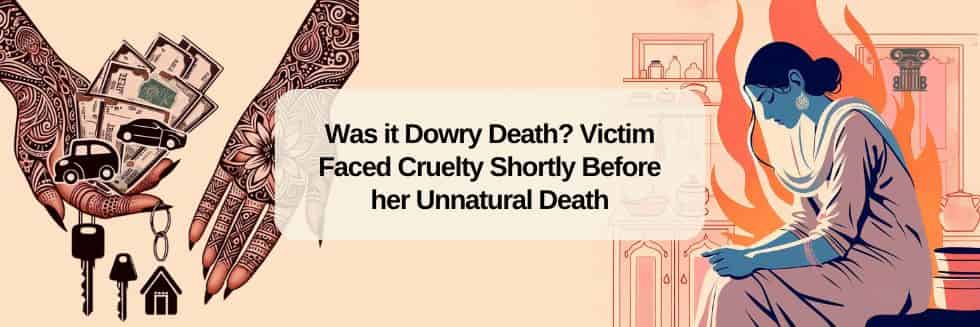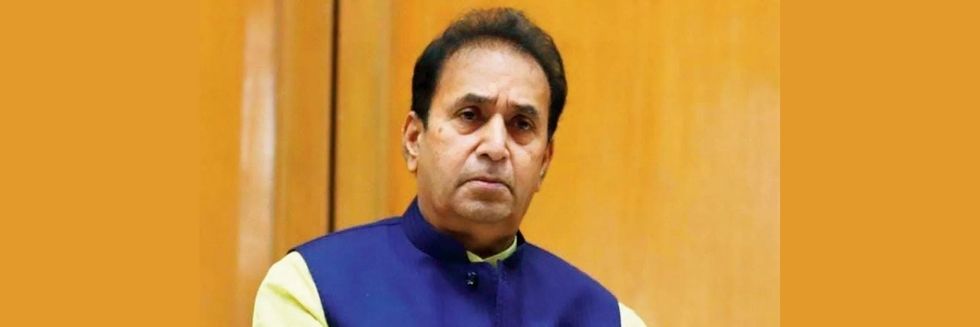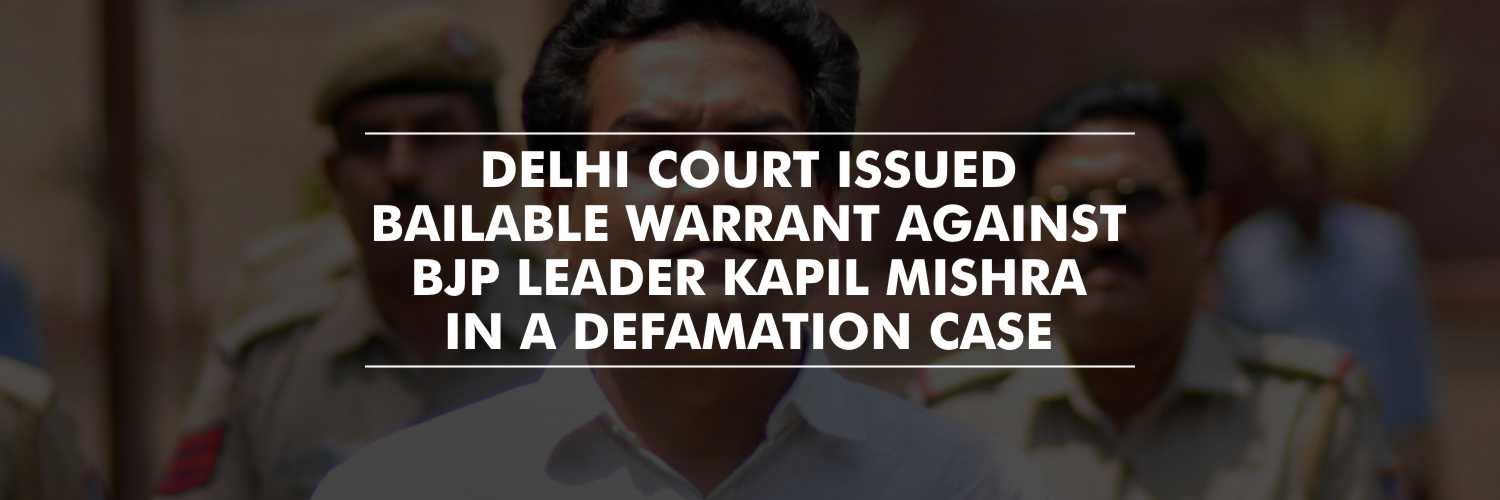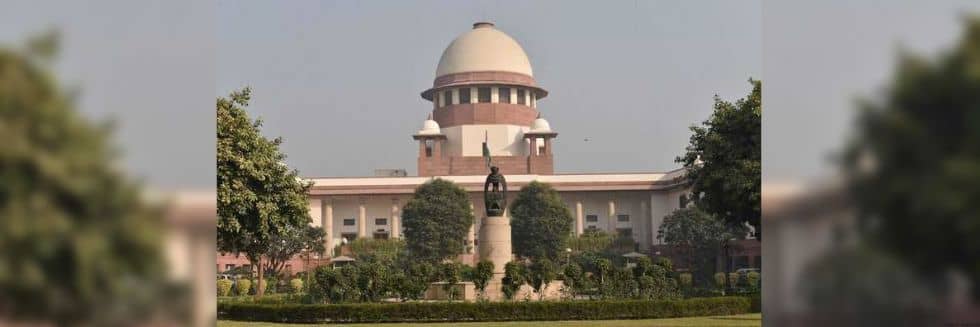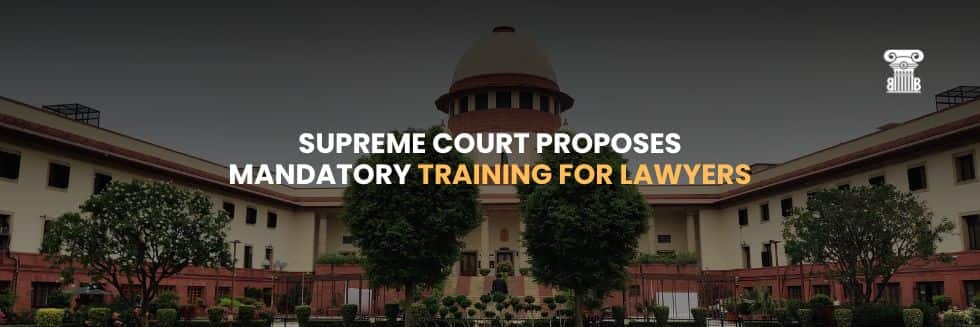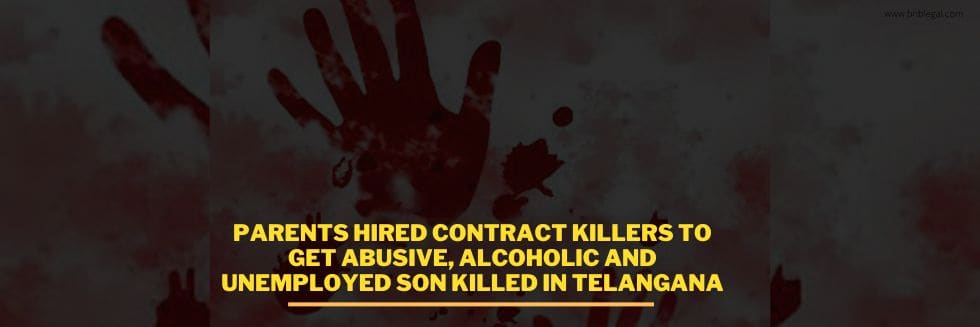In a recent ruling, the Jharkhand High Court has emphasised that for the presumption under Section 113B of the Indian Evidence Act, 1872 to be invoked, the prosecution must provide evidence that the deceased was subjected to cruelty or harassment for dowry shortly before her unnatural death in her matrimonial home.
The case in question, Raja Ram Mandal vs The State of Jharkhand, saw criminal appeals filed against a conviction and sentence handed down by the Additional Sessions Judge-VII, Dhanbad. The appellants were found guilty under Section 304B of the Indian Penal Code (IPC) and sentenced to a decade of rigorous imprisonment.
The prosecution’s argument revolved around the marriage of the informant’s sister to Raja Ram Mandal about four years ago. Allegedly, the sister faced cruelty from her husband and in-laws due to unmet dowry demands within six months of the marriage. On May 2, 2009, the informant was notified of his sister’s death at her in-laws’ home, sparking allegations that she was murdered over a dowry dispute.
The accused were charged under Section 304B of the IPC, and the Trial Court found them guilty. However, the appellants filed Criminal Appeals, arguing that the conviction and sentence were not based on a proper evaluation of the evidence.
The High Court underscored Section 304B IPC, stating that the prosecution must establish five key elements: the cause of death, the timing of death in relation to the marriage, the cruelty or harassment faced by the deceased from her husband or his relatives, the link between such abuse and dowry demands, and the occurrence of this abuse shortly before her death.
The division bench, consisting of Justices Subhash Chand and Ananda Sen, noted that a combined reading of Section 304B of the IPC and Section 113B of the IEA indicates that there must be evidence showing that the victim was subjected to cruelty or harassment for dowry shortly before her death.
The court stated that the statutory presumption under Section 113B of the IEA cannot be invoked as the prosecution failed to prove from the evidence that the deceased was subjected to cruelty or harassment in connection with dowry demands shortly before her unnatural death in her matrimonial home within seven years of marriage.
The bench added that the Trial Court had erroneously raised the presumption against the appellant convict without providing its finding regarding the commission of the offence under Section 304B of the IPC.
The Court observed that there was no evidence of any dowry harassment by the convicted appellants. While the death of the deceased on May 2, 2009, was indeed unnatural, the prosecution did not present evidence linking this unnatural death to any dowry harassment.
The Court concluded that the prosecution did not adequately prove its case beyond a reasonable doubt. The conviction and sentence handed down by the Trial Court were found to be based on flawed findings, necessitating intervention, and as a result, both Criminal Appeals were deemed worthy of allowance.
The law presumes a woman’s death within seven years of marriage, where there’s evidence of dowry-related cruelty or harassment shortly before her death, as a “dowry death”. The burden of proof shifts to the accused to demonstrate that the death wasn’t related to dowry demands or harassment. This presumption, established under Section 113B of the IEA and Section 304B of the IPC, applies to deaths occurring within seven years of marriage. The objective of this legal provision is to address the challenges of proving dowry-related crimes, which often occur within the family and are difficult to prosecute. By creating a legal presumption, the law aims to provide better protection to women and deter perpetrators from engaging in dowry-related violence.
